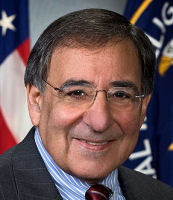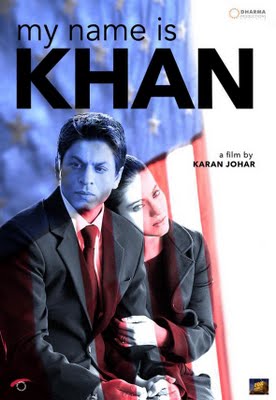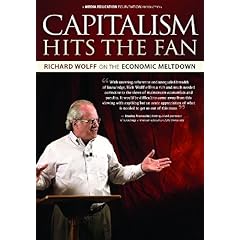 The director of the CIA recently testified to Congress that a terrorist attack was highly likely in the next 3-6 months. Coincidentally, it’s also budget time in Washington, as various departments scramble for increasing their share of federal dollars. Obama indicated he wanted to cut some spending down the road: all government bureaucracies want to avoid those cuts, so they’ll send out their respective heads to fight for their slice of the budget pie.
The director of the CIA recently testified to Congress that a terrorist attack was highly likely in the next 3-6 months. Coincidentally, it’s also budget time in Washington, as various departments scramble for increasing their share of federal dollars. Obama indicated he wanted to cut some spending down the road: all government bureaucracies want to avoid those cuts, so they’ll send out their respective heads to fight for their slice of the budget pie.
The CIA guy came in with the biggest splash. I’m not saying his announcement was false – and if it was, shame on him – but his announcement was timely. There was plenty of media coverage, as well. That means it’s likely the CIA prepared a media package to go with the Congressional testimony. Government agencies do that. They hand stories to the media and the media reads those stories to the cameras, often with little investigation on the part of the major media outlets, from Fox to CNN and all the major networks in between. They take the government word as gospel and pass it on to us. The pundits will howl one way or another to credit or discredit the sitting president or one of his close political cronies, but the bureaucracy itself is held sacrosanct. That suits the needs of the bureaucracy just fine.
When it comes to budget time, every bureaucracy wants a director or cabinet member that can get out and fight his president for every scrap of the budget he can grab. They don’t want someone that agrees with the president that, yes, the bureaucracy is overstaffed with middle managers and could do with a bit of a trim. There was one director of the USDA under Clinton that tried to rein in his department who soon found himself the target of an ethics query. When you fight the bureaucracy, one takes on a very powerful and resourceful opponent. It’s much easier to go native and become one of them than it is to support one’s president.
I’d expect other agencies to regard the CIA’s presentation to Congress with alarm. Not because the CIA pointed out a terrorist attack is likely to happen. Rather, because the CIA is likely to get a bigger budget at their expense. Look for more urgent meetings with Congress from other departments in the days to come as the budget fight thickens.

 “[The] right of privacy, whether it be founded in the Fourteenth Amendment’s concept of personal liberty and restrictions upon state action, as we feel it is, or, as the District Court determined, in the Ninth Amendment’s reservation of rights to the people, is broad enough to encompass a woman’s decision whether or not to terminate her pregnancy.” – Justice Harry Blackmun
“[The] right of privacy, whether it be founded in the Fourteenth Amendment’s concept of personal liberty and restrictions upon state action, as we feel it is, or, as the District Court determined, in the Ninth Amendment’s reservation of rights to the people, is broad enough to encompass a woman’s decision whether or not to terminate her pregnancy.” – Justice Harry Blackmun Marxist economists haven’t died and become part of the fossil record. They’ve adapted and continue to raise critical questions of both Keynesian and Classical economic viewpoints. I recently saw one such viewpoint on LinkTV and felt moved to comment on it.
Marxist economists haven’t died and become part of the fossil record. They’ve adapted and continue to raise critical questions of both Keynesian and Classical economic viewpoints. I recently saw one such viewpoint on LinkTV and felt moved to comment on it.
